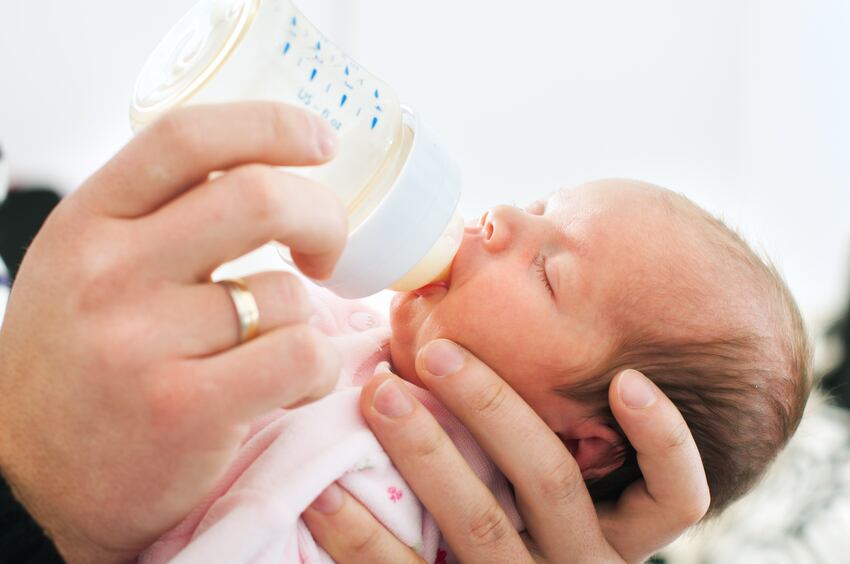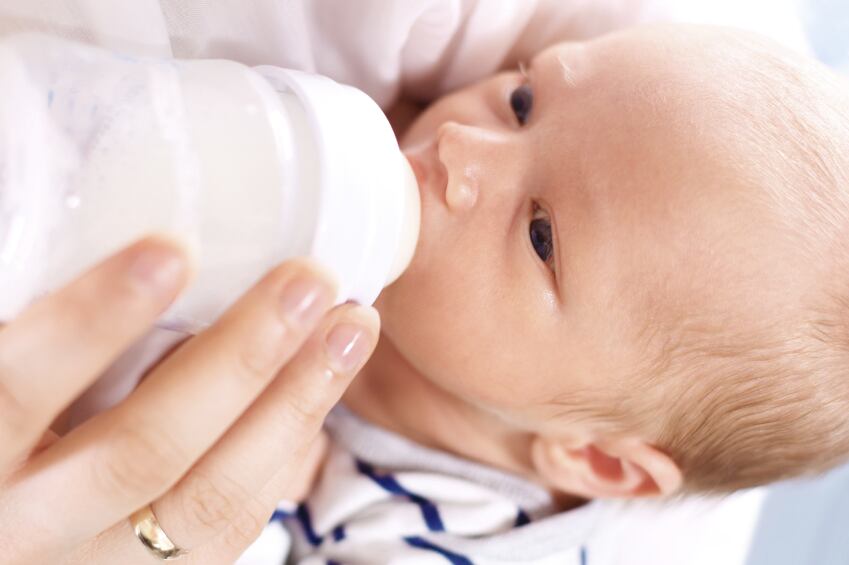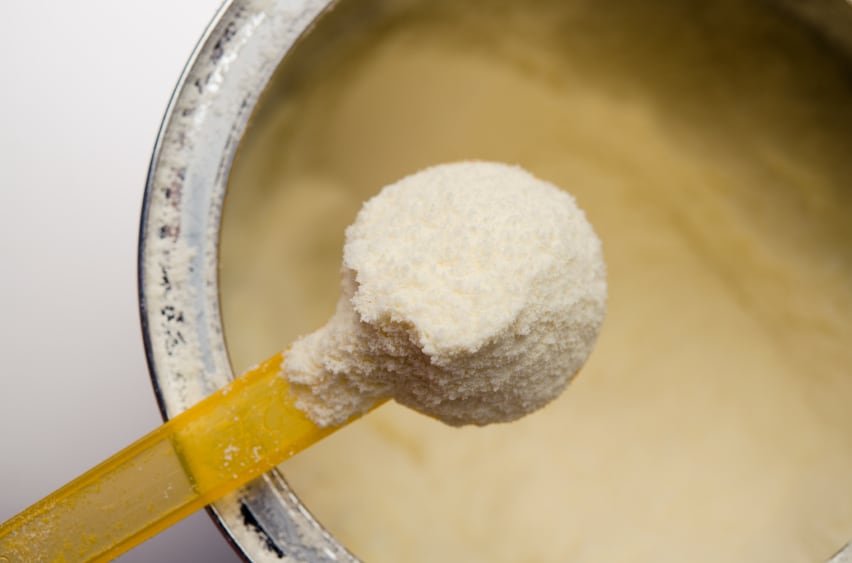In a letter to the RCPCH’s Russell Viner, the signatories condemned breastmilk substitute (BMS) manufacturers’ sponsorship of child health conferences, particularly those taking place in a low- or middle-income country.
“These are the markets most vulnerable to predatory advertising and where most WHO Code violations are reported,” the letter said.
“RCPCH must immediately remove all BMS manufacturer names and logos from all materials relating to this conference to adhere to the WHO Code and associated resolutions.”
Chris van Tulleken, honorary senior lecturer at University College London said, “There is an extreme and growing discontent within the UK that the RCPCH is accepting money from manufacturers of infant formula. It is creating a conflict of interest by definition.
As a signatory of the letter, van Tulleken, who recently wrote a piece in the BMJ highlighting the influence of BMS sponsorship, added that the college was “looked to as a standard setter, so for them to reject this code is remarkable. It is failing to provide leadership.”
RCPCH response
Defending its stance, the RCPCH in an earlier statement said only three of the sixteen sponsors of the event were formula milk companies – Abbot Nutrition, Nestlé and Danone.
The college added in a later statement that it considered carefully the idea of a conference in Egypt, recognising the challenging marketing conditions for breastfeeding in low to middle-income countries.
The RCPCH said the opportunity to share knowledge and the latest learning in numerous aspects of child health with Egyptian health professionals was very important, and should be supported.
The college cited its 2017 position statement on breastfeeding, in which it voiced its support for the promotion of breastfeeding, the provision of advice and support for women and national policies, practices and legislation that were conducive to breastfeeding.
“The RCPCH is acutely aware of the sensitivities around the marketing of breast milk substitutes and insists through its due diligence process on the engagement of formula milk companies on a global level, on an ongoing basis, to address and improve their performance, which is assessed by independent audit.
“It is through this ongoing contact and engagement that the RCPCH considers it can best influence future marketing behaviours around the world.”
Abbott Nutrition participation
One issue that caused much discontent amongst the signatories, which included the British Association for Child & Adolescent Public Health (BACAPH), World Breastfeeding Trends Initiative UK and Baby Milk Action/IBFAN UK, was the involvement of BMS giants Abbott Nutrition.
“It is surprising that Abbott Nutrition is listed as a sponsor, as this company has not even passed RCPCH’s own due diligence process (which we are not endorsing),” the letter said.
“Abbott does a poor job in terms of commitments to comply with the labelling provisions of the Code – for example, regarding the superiority of breast milk” – indeed one of their BMS brands is called “Gain IQ”.
The RCPCH later stated “Abbott Nutrition have not completed their due diligence process, and they will not be present at the RCPCH/MENA Conference.
“The presence of the Abbott logo on the conference’s website was an error, which has now been corrected.”
‘Scientifically-backed products’
In a separate statement outlining its commitment to responsible marketing of infant formula and breast-milk, Abbot reiterated its commitment to ensuring that statements about its products, in all materials and communications, were balanced and factual.
“In communicating about our products, we provide information that is supported with scientific evidence and the product labelling requirements in the countries where we operate.
“Rigorous review processes are in place to make sure all of our claims are accurate, supported by sound science, and compliant with local regulations.
“It is our policy not to market infant formula in a way that competes with breastfeeding.”
In reference to Nestle and Danone’s sponsorship of the event, the college added that every company that supports a meeting undergoes the RCPCH’s due diligence process.
“Nestle and Danone have demonstrated to the due diligence panel that they are committed to upholding the principles of the WHO Code in all territories in which they market breast milk substitutes.
“If breaches occur, they are committed to remedying them quickly and to use best endeavours to ensure there is no repeat.”
The WHO Code
The International Code of Marketing of Breastmilk Substitutes (The WHO Code) warns that financial influences on health professionals must “not create conflicts of interests”.
The 2016 "Guidance on ending the inappropriate promotion of foods for infants and young children” (welcomed in World Health Assembly (WHA) resolution 69.9) also states, “companies [BMS and infant food manufacturers] should not sponsor .... meetings of health professionals and scientific meetings...
Likewise, health workers, health systems, health professional associations and nongovernmental organisations should not .... “allow such companies to sponsor meetings of health professionals and scientific meetings”.
In total 12 organisations and (to date) 99 individual signatories, including present and past departmental directors at the WHO have given their backing to the letter.
One of the signatories, Ilana Levene, paediatrician and member of The Hospital Infant Feeding Network called the RCPCH’s interpretation of the WHO code as “absurd”.
“It doesn't matter whether this recommendation is part of "The Code" or not - it's WHO guidance. Why is RCPCH picking and choosing which WHO recommendations it wants to follow?,” she said.
“The Code and subsequent relevant WHA resolutions must be considered together in the interpretation and translation into national measures.
“Again, why is RCPCH nitpicking about whether this recommendation is part of "The Code", when the WHO clearly considers it to be part of a single bundle of resolutions that must be considered together?, she added.
“The RCPCH's response to our concerns was very disappointing. Making an error of the magnitude of including Abbott Nutrition in a list called 'Our Great Sponsors', when this company has failed RCPCH due diligence checks designed to protect vulnerable infants in the UK and around the world is unacceptable.”




